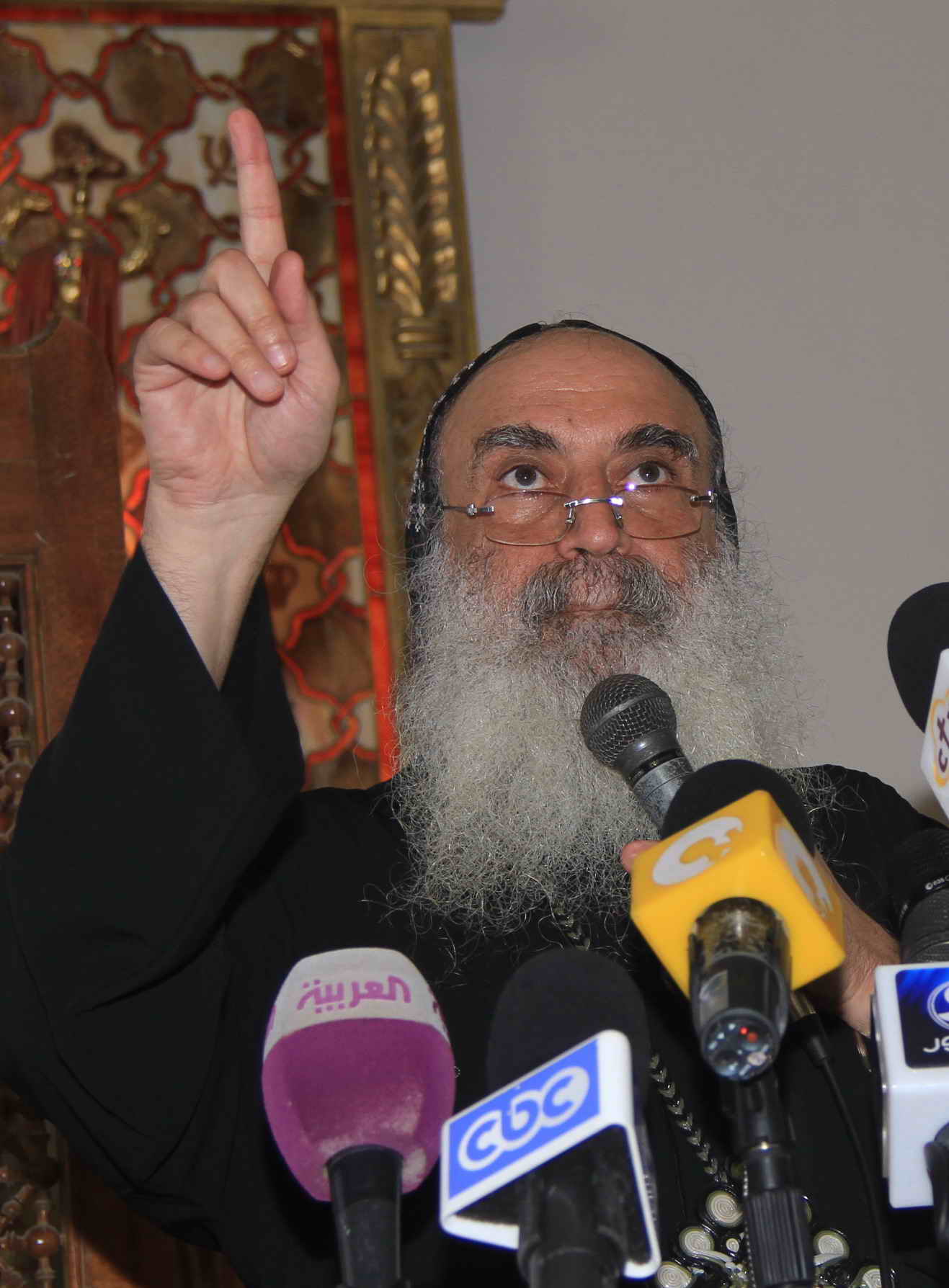“Culture can change the way the world feels about an issue. Culture is not just entertainment, it has important influence in society … art starts to reduce barriers, you start thinking: Isn’t that beautiful, says Michael M. Kaiser, the president of the Kennedy Center for Performing Arts in Washington D.C, who is in Cairo hosting the first ever Arab Art Symposium.
The symposium opened its doors on April 10 in Cairo at the Arab League headquarters. The point of this three day seminar is to present and promote art by strengthening strategic planning, marketing and fund raising through out the Middle East.
It is part of a culture exchange program where nations from around the world are highlighted in national and regional festivals at the center. In return the center exports its art expertise to those nations.
The overwhelming number of 140 people from 18 Arab countries attended, which was more than expected. Any officials of national cultural ministries, art, administrators, independent arts organizations and artists were welcome to attend.
“It opened symbolically [with so many people] showing how rich the culture heritage is of the Arab countries, how diverse they are from each other and how many people are actually interested, Kaiser told The Daily Star Egypt.
The plan is to make this symposium an annual event, moving it from one Arab country to the next every year. “Egypt seems like a natural heart of this activity, there is so much great culture here, so much great history and so it seems like a natural place to start, said Kaiser during his two day visit to Cairo in November.
The seminar proved to be very successful. Not only did the people involved learn from Kaiser’s experience, but also from each other. Many art organizations have already been successful in raising money in their countries, so they were great role models.
Kaiser feels like the discussions were deep and that it gave a chance for the Arab art world to get to know each other for the first time.
Kaiser was also impressed with how out spoken that participants were, and how interactive the seminar was.
The biggest problem according to the participants is fundraising, But Keiser disagrees saying that the root of the issue is lack of marketing.
Egyptian art organizations that participated include the Cairo Opera House, El Sawy Culture Center and the Townhouse Gallery.
Although this seminar was strictly for art organizations, to put them at ease to speak their mind, Kaiser told The Daily Star Egypt that he would like to have another seminar to speak to business leaders and explain to them the importance of supporting the arts.
All participants were given a CD with Kaiser’s book about strategic planning translated into Arabic. A hardcopy of the book will be available soon.
This seminar is only the first step of this initiative between the Kennedy Center and Arab nations. The second project, expected in 2009, is the Arab Art Festival in Washington. This will be a month-long showcase of Arab art in the nine theatres at the Kennedy Center.
“I am interested in getting in my people of America to understand the whole range of arts that exists in the Arab countries and some of that is folkloric and some of that is contemporary and we plan to show both, explains Kaiser.
From traditional paintings to contemporary dance, the festival will feature Arab culture, folklore and history. It will include larger events such as symphonies in addition to more intimate events such as poetry readings.
The festival will be the first of its kind to reflect Arab culture in the US. There has previously been a lack of cultural exchange between the US and h Arab world.
During the festival, they will be launching a teaching curriculum about Arab cultures in schools across the US.
The work being done for Arab countries is being done independently by the Kennedy Center, which is a private arts organization.
For more information on the Kennedy Center, visit www.kennedy-center.org.
